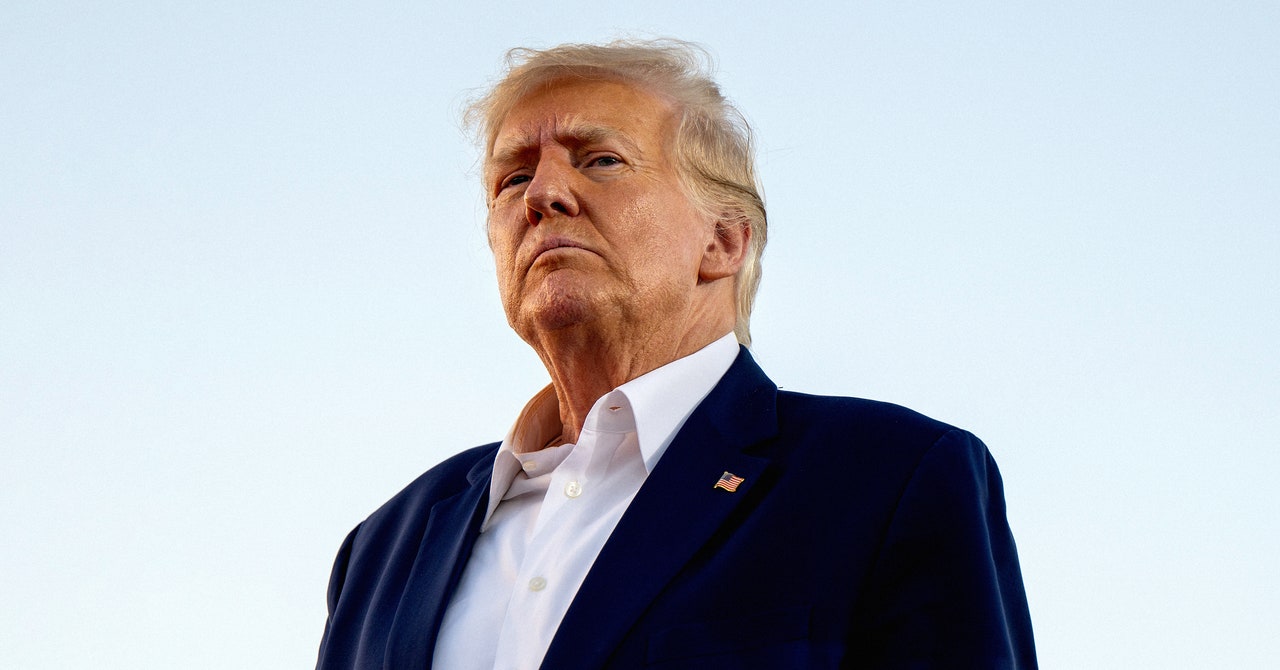The literally unprecedented The indictment of Donald Trump marks a downright dangerous — and politically charged — moment for the United States and serves as a reminder of the unparalleled level of crime and collusion surrounding the 2016 election.
It’s easy to look back on the 2016 election as if its outcome was inevitable—that Hillary Clinton was too weak a candidate, one whose years of expensive speeches had lost touch with working-class voters in Wisconsin and Pennsylvania; that “but her emails” and Jim Comey’s repeated, inappropriate and misguided meddling in the election turned the tide. But the new indictment against Trump is a major historical correction, a moment that highlights how the US as a country must reckon with the fact that Trump’s surprise victory was aided by not one but two separate criminal conspiracies.
In the final push of the 2016 race, in an election that amounted to incredibly narrow victories in just three states — 10,704 voters in Michigan, 46,765 in Pennsylvania, and 22,177 in Wisconsin — and where Trump lost the unopposed vote by about 3 million votes, he was aided by a massive and comprehensive official operation by the Russian government. That effort was funded in part by oligarch Yevgeny Prigozhin, who is now behind the ruthless struggle of his Wagner Group mercenary army in Ukraine, which targeted US social media companies and activists on the ground. In the second branch of the Russian operation, GRU military intelligence hacked top Democratic officials, leaked their emails and shifted the national narrative around Clinton and other Democrats, according to the U.S. Justice Department’s comprehensive report. (Not to mention that this gave rise to the Pizzagate conspiracy theory and, arguably, QAnon.)
Then there was the separate criminal conspiracy that was the subject of today’s new indictment in New York: the plot in the final weeks of the 2016 election by the Trump campaign, Trump family fixer Michael Cohen, and the National Survey to pay hush money to bury stories of the candidate’s two affairs, including an infamous affair with porn star Stormy Daniels.
While it may seem as though news of such an affair would have become a no-brainer during the closing weeks of the campaign, it’s worth remembering the specific context Cohen and the Trump job faced in those closing hours of the campaign . They performed a fraught and razor-sharp balancing act to retain the support of conservatives and evangelicals in the aftermath of the devastating Access to Hollywood tape, a moment when Vice Presidential candidate Mike Pence seriously considered throwing in the towel himself. The continuation of more non-family values-friendly stories may well have started an irreparable spiral. (It’s also worth remembering the still suspicious interplay of these two threads: how, on a single Friday in October 2016, US intelligence chiefs first publicly announced that Russia was behind the election meddling, the Washington Post created the existence of the lewd Access to Hollywood adhesive tape. And then, hours later, Wikileaks started dumping another set of stolen emails from Clinton campaign chairman John Podesta.)
The new criminal case involving that second Stormy Daniels conspiracy, brought by Manhattan district attorney Alvin Bragg, also serves as a reminder of the U.S. Justice Department’s historic mistake in not pursuing its own charges against Trump in the same case. This was a mind-boggling abdication given that the Justice Department—in the midst of Donald Trump’s own presidency, no less! — Cohen sued for the same conspiracy, naming Trump in the indictment against Cohen as “Individual 1” and, according to a new book by Elie Honig, outlined in a draft indictment Trump’s personal direction and involvement in the case.

